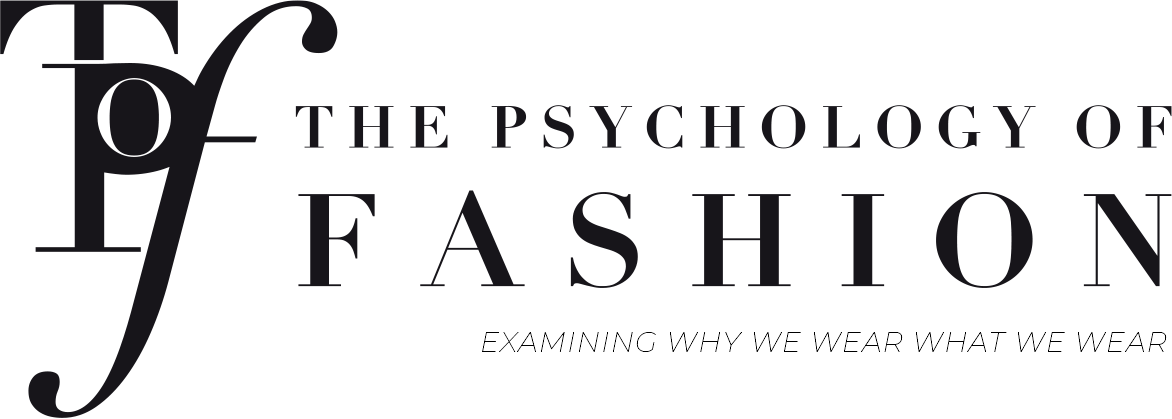To catch you up to speed, Netflix has produced a documentary called The Great Hack, which retells the Cambridge Analytica scandal, in which the controversial British political marketing firm harvested the personal data of millions of people's Facebook profiles without their consent to turn persuadable voters for Donald Trump, and for leaving the EU.
As much displeasure as the outcomes of Brexit and Trump’s wins bring me, there was a bright side to the reveals of Cambridge Analytica’s methods. As an AI nerd, who is looking to improve the fashion industry using a machine learning model, I was looking forward to understanding the mechanics of how they used data to cause behavior change at scale. I was disappointed.
In 2017, when I started TPOF, I had a theory that the diversity of people’s fashion tastes are mostly driven by their personality traits based on the Big 5 Model. Not Instagram, not trends, just where they fall on OCEAN – Openness, Conscientiousness, Extroversion, Agreeableness, and Neuroticism.
Most industry people I shared this with were sceptical. “Nah, fashion is socially driven”, “people want newness”, they said. (Note, both of these statements are also true, but they don’t account for individual differences. We only like some things we see on social media, and some items in What’s New.)
And then in 2018, Cambridge Analytica happened. Whistleblower and former Cambridge Analytica employee Christopher Wylie lifted the lid on the firm’s misuse of data belonging to 87 million Facebook users - and detailed fashion’s role in that. Speaking at The Business of Fashion’s VOICES, Wylie revealed that CA weaponized fashion brands to help elect Trump.
The Big 5 Personality Trait spectrums: we all fall somewhere on these continuums.
Except for well, Trump, and his whole being, I couldn’t help feeling pleased that CA publicly demonstrated a correlation between fashion and personality traits. Writing for The Business of Fashion, Vikram Alexei Kansara details how Wylie explained that affinity for certain fashion brands was a strong signal of susceptibility to populist political messaging. He revealed a matrix demonstrating correlations between several fashion brands — including Nike, Armani and Louis Vuitton — and the Big 5 — that were used by Cambridge Analytica to target political messaging. Those who liked American heritage brands such as Wrangler and LL Bean were low on openness, more conventional and more likely to respond to messaging supporting the election of Trump, for example. A preference for European designer label Kenzo, on the other hand, reflected the opposite.
Whistleblower Christopher Wylie speaking at The Business of Fashion’s VOICES in 2018. (Photo: heavy.com)
The Great Hack has a severe doomsday undercurrent, stressing that “data is the new oil”, and is going to ruin us all. If knowledge is power and power corrupts, the construction can be condensed to ‘data corrupts’, is the message.
But the message felt completely unbalanced. While yes, data in these instances was weaponized, the documentary could have used some countering to not further breed fear among the public. Data and AI are being used in ways that make our lives better, and we aren’t fully aware of those effects, either. When AI is good, you don’t notice it. You just like the results, such as Netflix suggesting all these great new shows for you, and Spotify finding your favorite jams from back in the day that you forgot about.
I should hope that in understanding our own wealth of data, we can know ourselves better, and make more informed decisions. I know that in scoring medium-high in neuroticism, that I’m going to gravitate to black outfits, but should make an effort to lighten it up and nurture my emotional stability with clothes, not fuel my anxiety, mistrust and tendency to keep people at arms’ length. More on personality traits and fashion here. On a health level, I know I need to take extra care of myself to prevent bouts of depression. So I do.
Writing for The Economist, reviewer L.M. succinctly shot down the documentary’s excessive “dark side of social media” tone with this opener: “A “hack”, as it is commonly understood, is when someone stealthily gains access to a computer system using vulnerabilities in the code or by tricking a gullible user into revealing their credentials. Asking a user of a computer or social network to click on an “I agree” button and then harvesting their data in order to influence them is not a hack. It is the business model of the internet.”













As news of PSYKHE’s launch spreads, The Psychology of Fashion and PSYKHE’s founder Anabel Maldonado sat down with editors at Forbes and WWD to discuss the platform, the journey and why the world needs personalization powered by AI and psychology.